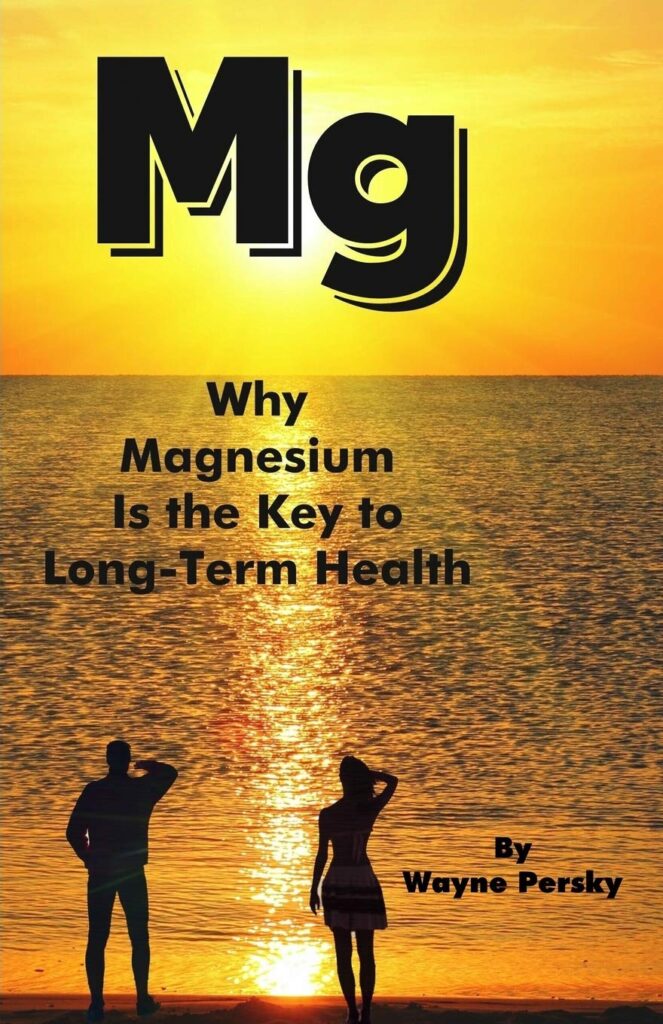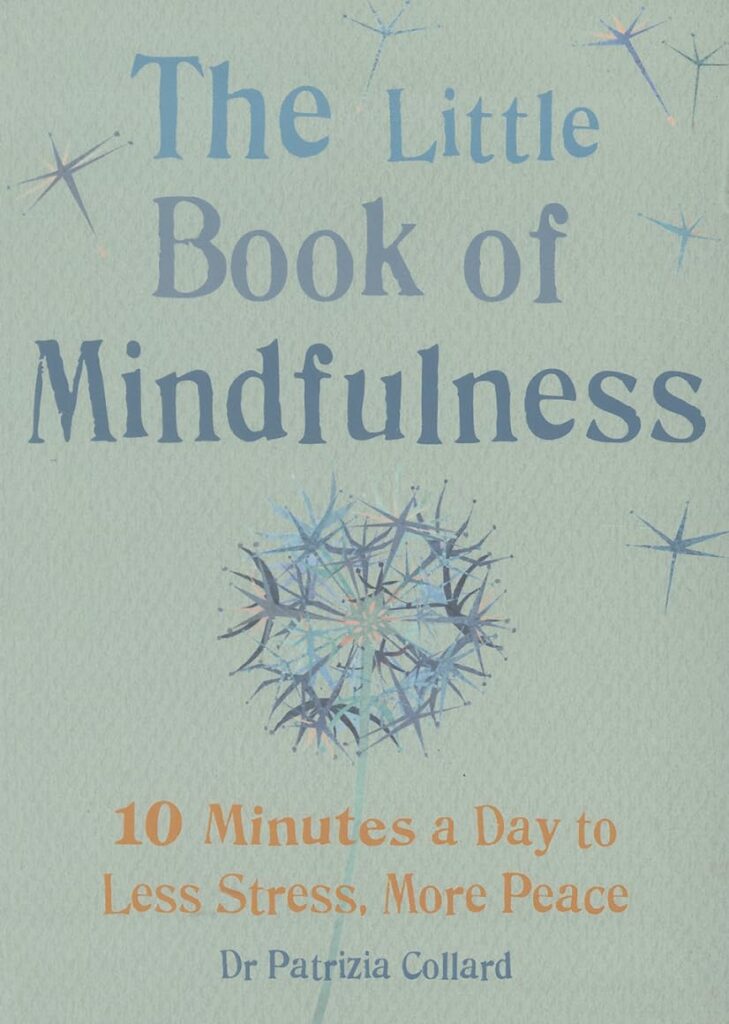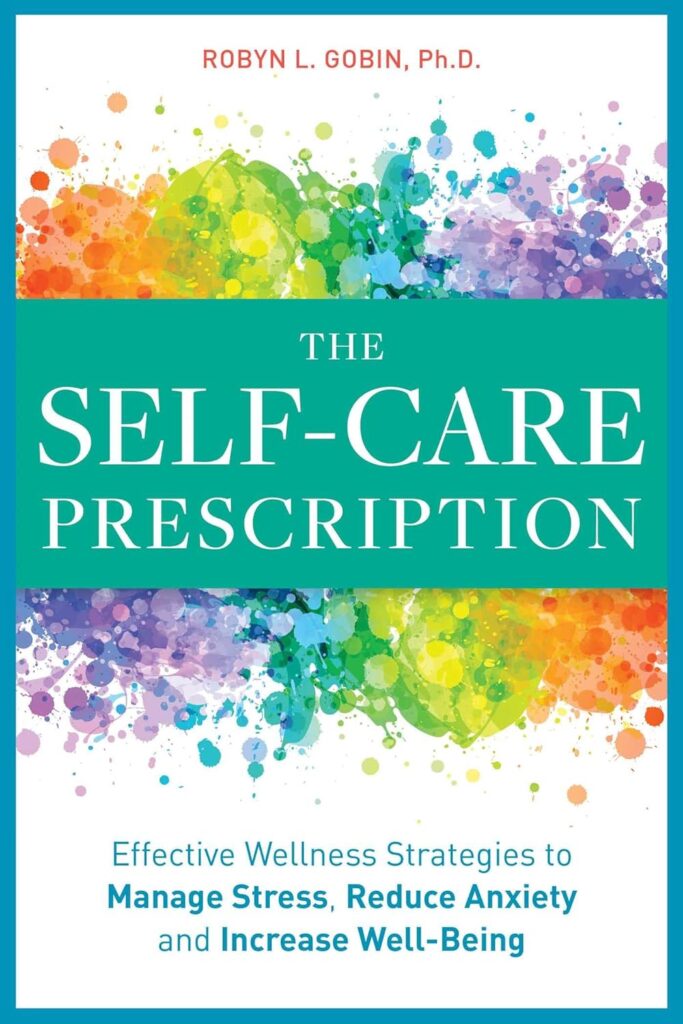This article explores 9 alarming risks of extreme stress weight loss in seniors that can occur as they struggle to maintain a healthy weight with age.
Extreme stress can lead to unintended weight loss, posing significant health risks for seniors. Understanding these dangers is important to protect your well-being and ensure a vibrant, active life.
We also offering insights and tips to help you stay healthy and informed. Stay with us to learn how to safeguard your health and enjoy your golden years to the fullest as you properly manage the risks of extreme stress weight loss..
Know Your Type of Stress
Stress can be grouped into several types based on its nature and duration:
Acute Stress: This is short-term stress that arises from specific events or situations. It’s the body’s immediate reaction to a perceived threat, such as a deadline or a sudden challenge. Once the situation is resolved, acute stress typically diminishes.
Chronic Stress: Unlike acute stress, chronic stress persists over a long period. It can result from ongoing issues like financial difficulties, chronic illness, or a toxic relationship. Chronic stress can have severe health implications if not managed properly.
Episodic Acute Stress: This type occurs when an individual frequently experiences acute stress. It’s common among people with hectic and chaotic lifestyles, or those who are perpetually worried and anxious about life’s demands.
Emotional Stress: Stemming from personal relationships or emotional issues, this type of stress affects mental well-being. Situations like grief, heartbreak, or interpersonal conflicts often cause emotional stress.
Physical Stress: Physical exertion, injury, or illness can lead to physical stress. The body responds to these physical demands by releasing stress hormones to cope with the situation.
Psychological Stress: This involves the mental strain from fears, phobias, or overwhelming situations. It’s closely linked to how we perceive and react to stressors mentally.
Understanding these types helps in identifying and managing stress more effectively.
How Can Stress Cause Weight Loss? – 7 Ways
Stress can cause weight loss through several mechanisms:
Appetite Changes: Stress can alter eating habits, leading to reduced appetite in some people. This can result in decreased food intake and subsequent weight loss.
Hormonal Changes: Stress triggers the release of hormones like adrenaline and cortisol. While adrenaline can reduce appetite, cortisol can initially increase appetite. However, chronic stress can lead to imbalances that might cause weight loss in the long run.
Increased Metabolism: The body’s “fight or flight” response to stress can increase metabolism temporarily, burning more calories and potentially leading to weight loss.
Digestive Issues: Stress can affect the digestive system, causing issues like stomach cramps, diarrhea, or constipation, which can interfere with nutrient absorption and lead to weight loss.
Behavioral Changes: Stress often leads to changes in daily routines and behaviors. People might skip meals, engage in less frequent or less balanced eating, or turn to unhealthy coping mechanisms like smoking or drinking, all of which can contribute to weight loss.
Muscle Tension: Chronic stress can cause muscle tension, which might increase energy expenditure as the body uses more energy to maintain this tension.
Sleep Disruption: Stress often disrupts sleep patterns, leading to poor-quality sleep. Lack of sleep can affect metabolism and appetite-regulating hormones, contributing to weight loss.
Overall, while stress can cause weight loss in some individuals, it is usually not a healthy or sustainable way to lose weight and can lead to other health issues.
What is Extreme Stress?
Extreme stress, also known as chronic or severe stress, is a condition where an individual experiences a high level of stress over an extended period. This type of stress can significantly impact physical, mental, and emotional well-being.
Characteristics
Unlike acute stress, which is short-term and related to specific events, extreme stress persists over weeks, months, or even years. The stress experienced is intense and overwhelming, often exceeding an individual’s coping capacity.
Extreme stress can manifest physically through symptoms such as headaches, muscle tension, fatigue, gastrointestinal issues, chest pain, rapid heartbeat, and weakened immune function. It can lead to anxiety, depression, irritability, mood swings, difficulty concentrating, and feelings of helplessness or hopelessness.
Individuals under extreme stress may exhibit changes in behavior, such as withdrawal from social interactions, changes in eating and sleeping patterns, increased use of alcohol or drugs, and neglect of responsibilities.
Finally, extreme stress can impair an individual’s ability to function effectively in daily life, affecting work performance, relationships, and overall quality of life.
Health Risks
Chronic stress is associated with various health problems, including cardiovascular diseases, hypertension, diabetes, and mental health disorders like depression and anxiety disorders.
5 Triggers of Extreme Stress
Common triggers of extreme stress include major life changes, high-pressure work environments, financial issues, chronic illness, and traumatic events.
Major Life Changes
Events like divorce or the death of a loved one are devastating and often lead to overwhelming emotional turmoil. These changes disrupt daily routines and can create a sense of instability and loss, significantly increasing stress levels especially more so in seniors.
High-Pressure Work Environments
Jobs with constant deadlines, high demands, and long hours can create a relentless cycle of stress. The pressure to perform and the fear of failure or job loss can keep stress levels persistently high. Most seniors post retirement will experience this type of stress.
Financial Difficulties
Struggling to make ends meet, managing debt, or facing unexpected expenses can cause continuous worry. The uncertainty about the future and the pressure to provide for oneself and family can lead to severe stress. This type of stress is common in many seniors as they worry if they will have enough money to carry them through after retirement.
Chronic Illness
Living with a long-term health condition can be a constant source of stress. The physical pain, frequent medical appointments, and lifestyle limitations can weigh heavily on mental health, adding to the emotional burden of many seniors.
Traumatic Events
Experiencing or witnessing traumatic events, such as accidents, natural disasters, or violence, can leave lasting psychological scars on anyone – including seniors. The stress from such events can linger, causing symptoms of post-traumatic stress disorder (PTSD) and impact daily functioning.
How Do the Alarming Risks of Extreme Stress Weight Loss Affect Senior Health?
Extreme weight loss in seniors can have several serious health consequences because of the reduced ability of the body to cope with physiological stress as it ages. Here are some of the effects:
Nutrition Related Extreme Stress Weight Loss Effects
Nutritional Deficiencies: Rapid or extreme weight loss often results in inadequate intake of essential nutrients, leading to deficiencies in vitamins and minerals. This can compromise immune function, wound healing, and overall health.
Weakened Immune System: Malnutrition from significant weight loss can weaken the immune system, making seniors more susceptible to infections and illnesses.
Cognitive Decline: Adequate nutrition is necessary for brain health. Extreme weight loss and the accompanying malnutrition can contribute to cognitive decline, dementia, and other neurological issues.
Extreme Stress Weight Loss Effects on Muscle
Seniors are already at risk for sarcopenia, the age-related loss of muscle mass. Extreme weight loss can exacerbate this, leading to frailty, decreased mobility, and a higher risk of falls and fractures.
Because weight loss can lead to a decrease in muscle mass, including the heart muscle, this can result in decreased cardiac function, leading to issues like hypotension and arrhythmias.
“Hypotension” refers to low blood pressure, where the force of blood against the walls of your arteries is lower than normal. This can cause symptoms like dizziness, fainting, and feeling lightheaded, especially when standing up quickly.
“Arrhythmias” are irregular heartbeats. Instead of a steady, rhythmic beat, the heart may beat too fast, too slow, or irregularly. This can cause palpitations (feeling like your heart is fluttering or pounding), dizziness, shortness of breath, or chest pain. Arrhythmias can be temporary or chronic, and they may need medical attention to manage effectively.
Extreme Stress Weight Loss Effects on Bone
Seniors are prone to osteoporosis as a result of bone density reduction. Extreme weight loss can accelerate bone density loss, increasing the risk of fractures and other skeletal issues.
Gastrointestinal Problems
Seniors may experience gastrointestinal issues such as constipation, diarrhea, or digestive discomfort as a result of extreme weight loss and changes in diet.
Extreme Stress Weight Loss Can Cause Decreased Quality of Life
Extreme weight loss can reduce energy levels, leading to decreased physical activity and social engagement, which are important for maintaining mental and emotional health.
Increased Mortality Risk
Severe weight loss in the elderly is associated with a higher risk of mortality. It can indicate underlying health issues such as cancer, chronic obstructive pulmonary disease (COPD), or heart disease.
Given these risks, weight loss in seniors must be carefully monitored and managed by healthcare professionals to ensure it is done safely and healthily. Maintaining a balanced diet, staying hydrated, and engaging in regular physical activity tailored to their capabilities are essential for well-being.
Management of Extreme Stress
Understanding these triggers is key for recognizing and addressing stress effectively. Seeking support, whether through therapy, support groups, or trusted loved ones, can help mitigate the impact of these stressors and promote resilience.
Managing extreme stress typically requires a multifaceted approach, including stress management techniques (e.g., mindfulness, relaxation exercises), lifestyle changes (e.g., regular exercise, healthy eating, sufficient sleep), professional support (e.g., therapy, counseling), and, in some cases, medical intervention.
How Does Stress Affect Aging?
It is to be expected that there will be some aging effects. How does stress affect aging? It accelerates the aging process and it does this through various mechanisms.
Chronic stress leads to the release of cortisol and other stress hormones, which can cause cellular damage and inflammation. This damage shortens telomeres, the protective ends of chromosomes, hastening cellular aging and reducing lifespan.
Stress also weakens the immune system, making the body more susceptible to illnesses and infections. Furthermore, stress exacerbates mental health issues like anxiety and depression, contributing to cognitive decline.
The physical manifestations of stress include increased risk of cardiovascular diseases, hypertension, and metabolic disorders. Overall, the cumulative effect of chronic stress significantly impacts both physical and mental aspects of aging, accelerating the onset of age-related diseases and reducing overall quality of life.
Conclusion – Extreme Stress Weight Loss
In conclusion, understanding how stress can cause weight loss is key to safeguarding health, especially as you age. The impacts—ranging from hormonal imbalances and increased metabolism to appetite changes and mental strain—are significant.
By recognizing these mechanisms and implementing effective stress management strategies, such as mindfulness, regular exercise, and seeking support, you can mitigate the detrimental effects of stress. Prioritize well-being by addressing stress proactively to enjoy your sunset years.
Related Articles
- How Does Stress Affect Weight?: 2 Little Known Secrets
- How Does Stress Affect Aging? – 11 Tips for Life
- How to Boost the Immune System Quickly – Role of Diet and Sleep
- The Best Foods to Boost the Immune System – Know Why
FAQ
Does stress affect aging?
Yes, stress can accelerate aging by triggering inflammation, shortening telomeres (chromosome ends), and weakening the immune system, leading to increased risk of age-related diseases.
Is stress weight loss okay for a short period?
Short-term stress-induced weight loss can occur, but it’s generally not healthy or sustainable. It can lead to nutrient deficiencies, weaken muscles, and affect overall well-being. Seeking support to manage stress healthily is crucial.
What is extreme stress weight loss?
Extreme stress weight loss refers to significant and rapid weight reduction due to prolonged or intense stress. It can lead to serious health issues like muscle loss, weakened immune system, and emotional strain, requiring attention and proper management.
References
Ormizzio, C. (2023) 5 Ways Stress makes You Gain Weight https://health.usnews.com/wellness/articles/ways-stress-makes-you-gain-weight
Helton, B (2023) 4 reasons stress can cause weight loss and expert-approved tips to help keep your stressors in check https://www.businessinsider.com/guides/health/mental-health/can-stress-cause-weight-loss?op=1






